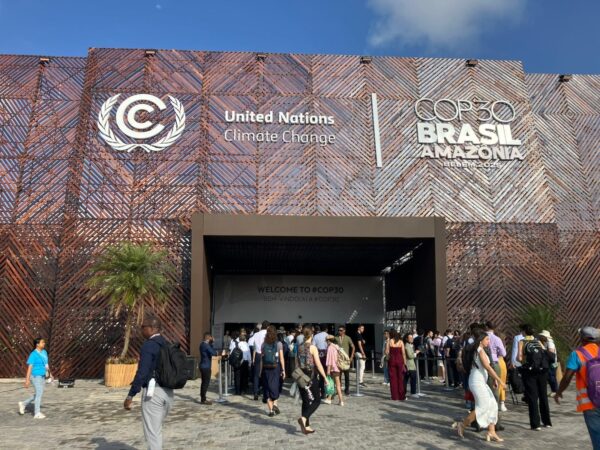Proposed 2035 coal phase out date for the G7 too late to limit warming to 1.5°C
G7 Ministers have trailed a new commitment to phase out unabated coal in the first half of the 2030s. The proposed 2035 coal phase out date is too late to limit warming to 1.5°C, says Jane Ellis, Head of Climate Policy at Climate Analytics.
Share

- G7 Ministers have trailed a new commitment to phase out unabated coal in the first half of the 2030s, ahead of the close of the Climate, Energy and Environment meeting on Tuesday
- This is especially significant for Japan, as its government has not yet set a date to phase out coal
- However, analysis of 1.5°C-aligned emissions pathways show that all coal in G7 countries needs to be phased out from power generation by 2030 at the latest, and gas by 2035, as G7 economies have the financial and technical capabilities to phase out fossil fuels faster than others
- This analysis also showed that current climate policies in the G7 will *at best* achieve only half the emissions reductions needed in these economies by 2030 to limit warming to 1.5°C
- A later phase out of coal will slow the roll out of renewables in the G7 and jeopardise the goal of tripling renewables by 2030 that was agreed at COP28
Jane Ellis, Head of Climate Policy at Climate Analytics:
"2035 is too late. Many of these countries have already publicly committed to phase out dates ahead of 2030, and only have a small amount of coal capacity anyway."
"It's notable that gas has not been mentioned. In the last decade, gas has been the largest source of the global increase in CO2 emissions, and many G7 governments are investing in new domestic gas facilities. This is absolutely the wrong direction to be heading in – both economically and for the climate."
“The G7 need to be going faster into renewables, which are cost effective, quick to roll out and produce substantial economic benefits."











